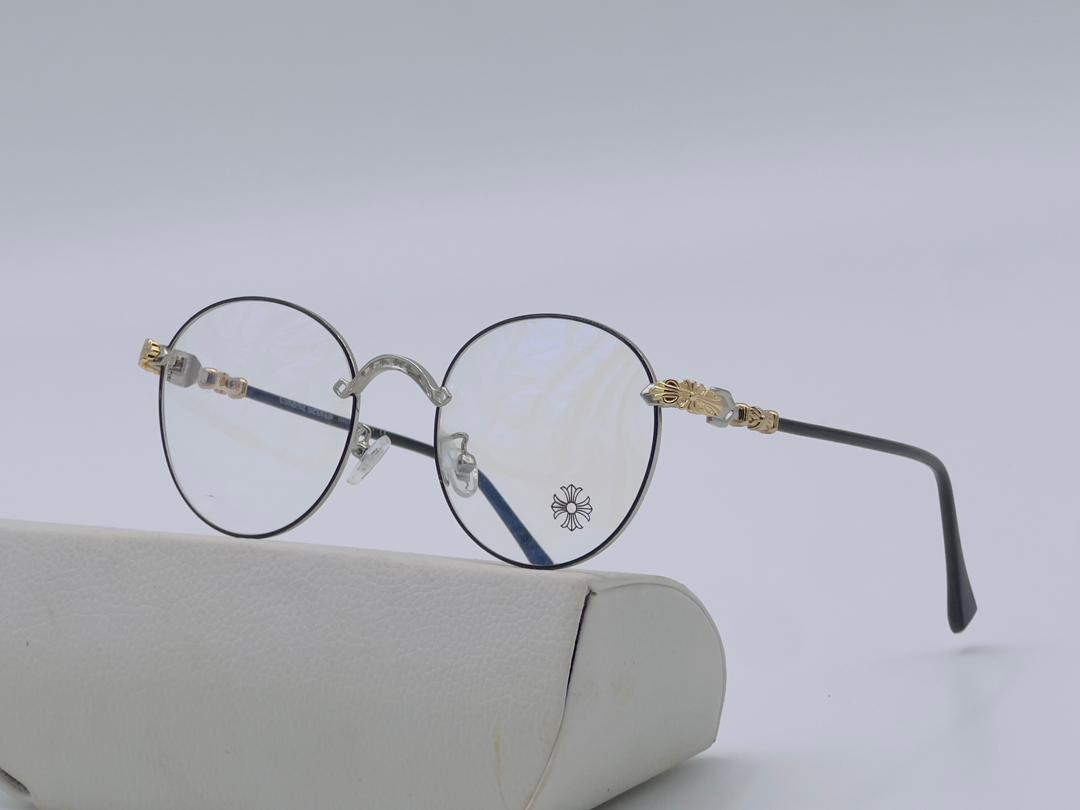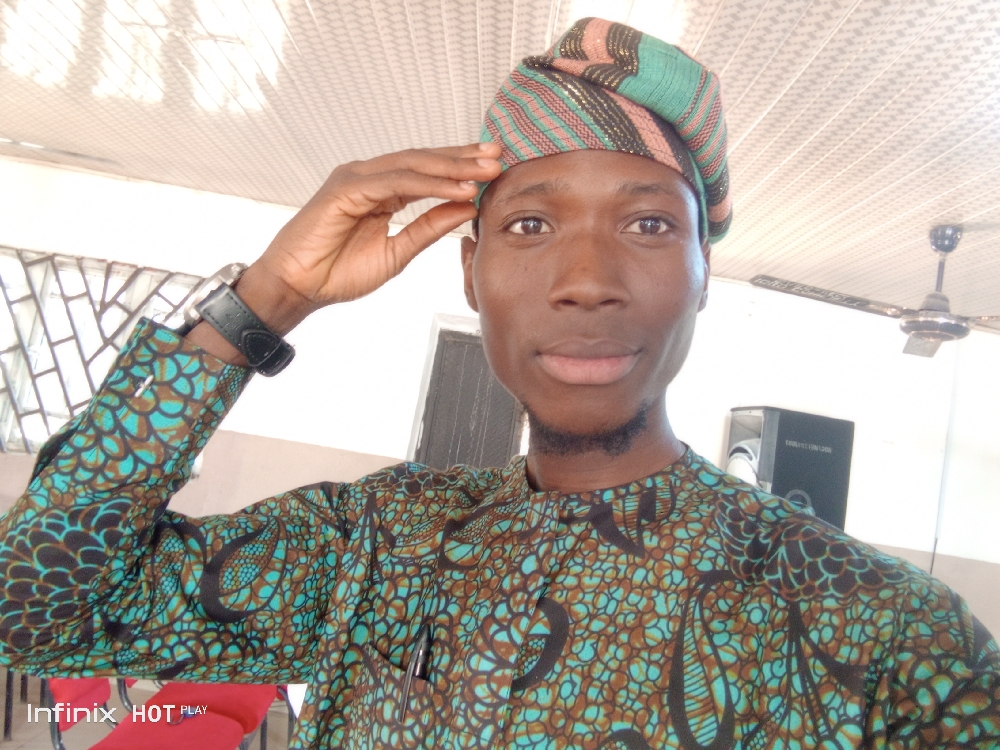YOUR RODS N CONES
"THE WORLD IS BEAUTIFUL, PROTECT YOUR SIGHT"

The above sentence/statement has been ringing in my head since like.. let's say 4 Days Ago. Somehow, I have decided to write about it.
There's no iota of doubt that technology has been very advantageous to the human race, however, in the context of eyesight, I think.. if it is not well regulated, one's eyesight may become the sacrificial lamb. How do I mean? Let's get going. Allow me hold you by the hand as I walk you through this journey together with me. All you've got to do is keep reading. Is that a deal? Deal!
In the past few years, a lot of computerized gadgets have emerged and truth be told they've made life beautiful, getting tasks done at a very much faster rate and so on and so forth. However, their advent came along with some rays that emanate from their screens.
Few years ago.. during the ASUU strike or thereabout, I had very little to do with my time and on the contrary very plenty time to use my phone, lol. In fact, I dabbled into a lot of online businesses then and then to be fruitful in them, I had to concentrate a lot. Few months passed and I noticed my sight was becoming blurry and my eyes exude serious secretions.. almost every time. Of course, I knew there was danger and I had to rush to the hospital.. so my story wouldn't be like that young man of back bay who thought syphilis had gone away.
Now, what really happened to my sight? What kinda rays emanate from screens of our gadgets? I'll tell you what kind of rays emanate from screens of our gadgets.. however, before that, I will like to tell you about the mechanism of seeing. The step by step process of how you and I see.
Dear Readership, you see.. to see, the following happens.
1. Light enters the eye through the cornea, which is a clear, dome-shaped tissue that covers the front of the eye.
2. The light then passes through the pupil, which is a small opening in the center of the iris. The iris is the colored part of the eye that controls how much light enters the eye.
3. The light passes through the lens, which is a transparent structure that focuses the light onto the retina. The retina is a thin layer of tissue that contains photoreceptors. The photoreceptors convert the light into electrical signals that are sent to the brain via the optic nerve. There are two types of photoreceptors in the retina - rods and cones. Rods are sensitive to low levels of light and are responsible for our night vision. Cones are sensitive to color and are responsible for our daytime vision and our ability to see fine details. There are different types of cones that are sensitive to different wavelengths of light, which allow us to see different colors. Together, the rods and cones work together to create the images we see. Fascinating, isn't it? Of course Yes!
4. Finally, the brain interprets these signals to create images that we can see.
1. Light enters the eye through the cornea, which is a clear, dome-shaped tissue that covers the front of the eye.
2. The light then passes through the pupil, which is a small opening in the center of the iris. The iris is the colored part of the eye that controls how much light enters the eye.
3. The light passes through the lens, which is a transparent structure that focuses the light onto the retina. The retina is a thin layer of tissue that contains photoreceptors. The photoreceptors convert the light into electrical signals that are sent to the brain via the optic nerve. There are two types of photoreceptors in the retina - rods and cones. Rods are sensitive to low levels of light and are responsible for our night vision. Cones are sensitive to color and are responsible for our daytime vision and our ability to see fine details. There are different types of cones that are sensitive to different wavelengths of light, which allow us to see different colors. Together, the rods and cones work together to create the images we see. Fascinating, isn't it? Of course Yes!
4. Finally, the brain interprets these signals to create images that we can see.
It's more complex that what I explained but that's a very good summary to grasp what really happens and then any obstruction to that pathway is very detrimental to the well-being of your eyesight.
Now, we can return back to the main issue at hand. The rays that emanate from screens are called "blue light rays" or "high-energy visible (HEV) light rays." These rays have shorter wavelengths than other types of visible light, and they have both advantages and disadvantages. On the positive side, blue light rays can boost attention and reaction times. However, on the negative side, blue light rays can disrupt sleep cycles and increase the risk of eye damage and the exact mechanism of action with which they can cause this disruption to your eyesight is very simple but crucial. All they do is that they cause "photochemical damage," which is damage to the retinal cells and they can also cause "oxidative damage," which is damage to the cells caused by free radicals generated by the light. Over time, this damage can lead to vision problems such as macular degeneration and cataracts. That's why it's so important to take steps to protect our eyes from blue light rays!
It's of no use to talk about problems without preferring solutions. So therefore and therefore so, lol.. to protect your eyesight and to reduce the risk of damaging your eyes, do the following -
1. Reduce screen time, especially at night.
2. Take frequent breaks from screens.
3. Increase the distance between your eyes and screens.
4. Use blue light-blocking glasses or screen filters.
5. Adjust the settings on your screens to reduce blue light exposure.
6. Keep your eyes healthy by eating a healthy diet. Foods that are very rich in Vitamin A.. they're very good for your eyes.
7. And getting plenty of sleep.
In conclusion, always remember that this world is beautiful and it would be detrimental to lose your eyesight. Do all you can to protect it. In my next post, I'll write about foods that are very rich in Vitamin A.. please pray I do not change my mind..
Also, make sure to like.. comment and share this piece. Thank you in massive addy.
1. Reduce screen time, especially at night.
2. Take frequent breaks from screens.
3. Increase the distance between your eyes and screens.
4. Use blue light-blocking glasses or screen filters.
5. Adjust the settings on your screens to reduce blue light exposure.
6. Keep your eyes healthy by eating a healthy diet. Foods that are very rich in Vitamin A.. they're very good for your eyes.
7. And getting plenty of sleep.
In conclusion, always remember that this world is beautiful and it would be detrimental to lose your eyesight. Do all you can to protect it. In my next post, I'll write about foods that are very rich in Vitamin A.. please pray I do not change my mind..
Also, make sure to like.. comment and share this piece. Thank you in massive addy.

